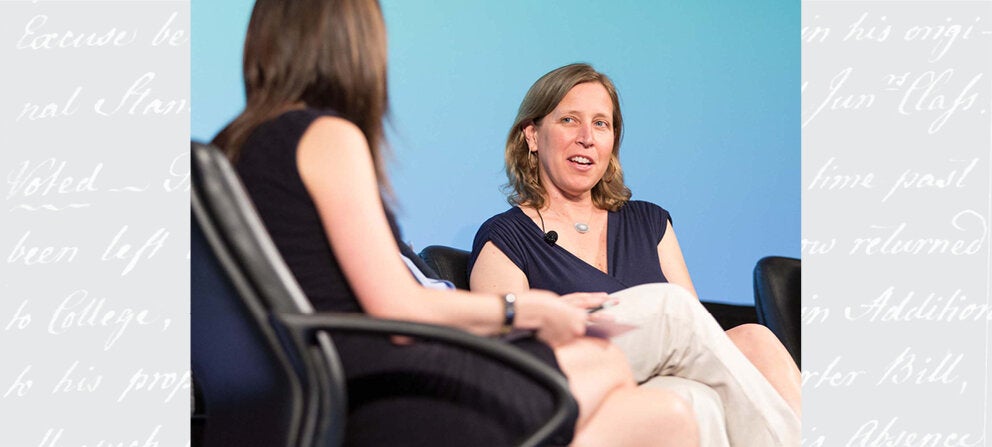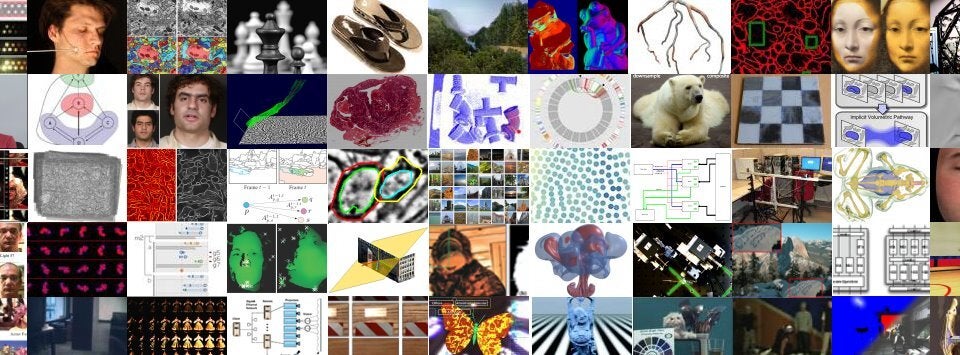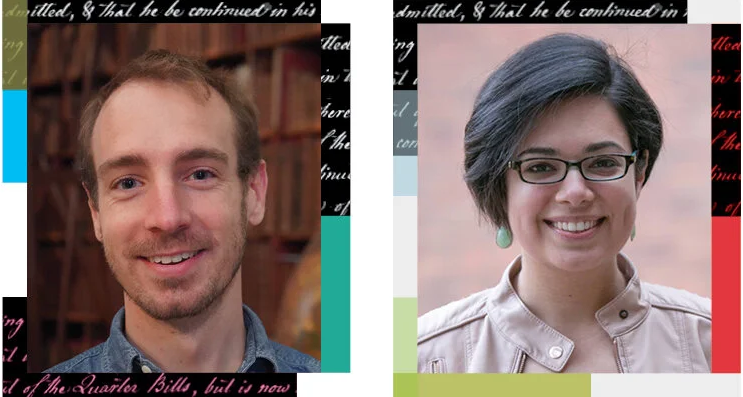Once considered the realm of computer scientists and statisticians, the vast troves of data that we produce every minute of every day are now tools to help scholars across diverse fields confront the biggest challenges facing the world today, from pandemics to pollution to poverty.
To harness the power of data, the University formally launched the Harvard Data Science Initiative (HDSI) in 2017—bringing together experts in computer science, statistics, public health, education, law, business, humanities, social sciences, and more.
One of the best examples of the interdisciplinary nature of the HDSI can be found in its postdoctoral fellows program, which exemplifies the commitment to draw data science out of siloed departments. “We view the HDSI postdoctoral fellows as part of our community glue,” says Francesca Dominici, HDSI faculty co-director and Clarence James Gamble Professor of Biostatistics, Population, and Data Science at the Harvard T.H. Chan School of Public Health. “They are truly independent investigators, spanning departments and Schools and unifying our efforts here.”
Since 2017, the HDSI has hosted 20 fellows—early-career researchers whose interests span from fundamental methods to fields as varied as genomics, astronomy, and music—selected from a highly competitive international pool of recent doctoral graduates. “Allowing this cohort of researchers to pursue their unique interests, regardless of School or affiliation, is what sets them apart from other postdoctoral programs,” explains David Parkes, HDSI faculty co-director and George F. Colony Professor of Computer Science at the Harvard John A. Paulson School of Engineering and Applied Sciences (SEAS). “We ask them to be independent in following their passions, and yet collaborative in conducting their research.”

Thanks to the generosity of Susan Wojcicki AB ’90 and her husband, Dennis Troper, two HDSI fellows—Carolina Nobre ALM ’16 and Matthew Cooper, the inaugural Wojcicki Troper HDSI Postdoctoral Fellows—can continue to follow their own research interests in this intellectually rich environment. As some of Google’s earliest employees, Wojcicki and Troper both understand the promise that data holds in a number of areas—such as medicine, technology, and the humanities—as well as just how far the field has come in the past few decades. Now the CEO of YouTube, Wojcicki believes that the type of flexible support the HDSI offers to its fellows is necessary to ensure that data science is able to progress and pivot to help society understand the issues of tomorrow.
“We are so excited to see where Carolina’s and Matthew’s work will take them, and we are proud to be able to support postdoctoral students in data science as the field continues to grow and evolve,” Wojcicki says.
A Sense Of Community
An environmental geographer working in the Department of Global Health and Population at the Harvard Chan School, Cooper had recently accepted a private-sector job in Washington, D.C., but he came to Cambridge instead when he learned he had been selected for the fellowship. “It was just a tremendous offer,” says Cooper, who will use machine learning methods to better understand how the environment affects human well-being. “This funding enables me to do cutting-edge research.”
Nobre, a computer scientist at SEAS, loves the flexibility that the fellowship offers. “That freedom is priceless,” says Nobre, who focuses on visualizing complex networks of information—and human interactions with those visualizations. “I can decide the specific research problems I want to work on, which is very different from other postdoc programs.”
The program is intentionally designed to encourage fellows to work across disciplines and departments at every turn, and to nurture a sense of community with their cohort through research talks and monthly lunches. It is these kinds of relationships and connections—built through informal meetings—that will take the field of data science forward.
Supporting HDSI fellowships is not only an opportunity to help researchers make new discoveries and findings with data today, says Dominici, it is truly an investment in our ability to withstand future challenges. “The ripple effect is enormous,” she explains. “From the research they engage in to the relationships they build, the fellows are a true success story for the HDSI. We are enduringly grateful that Susan and Dennis share our commitment to these young scientists and emerging leaders.”




